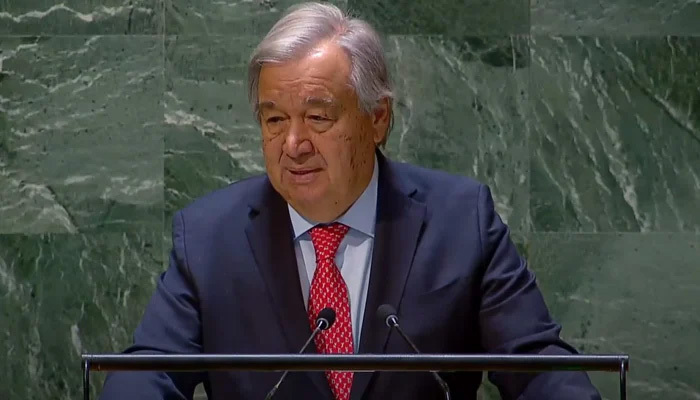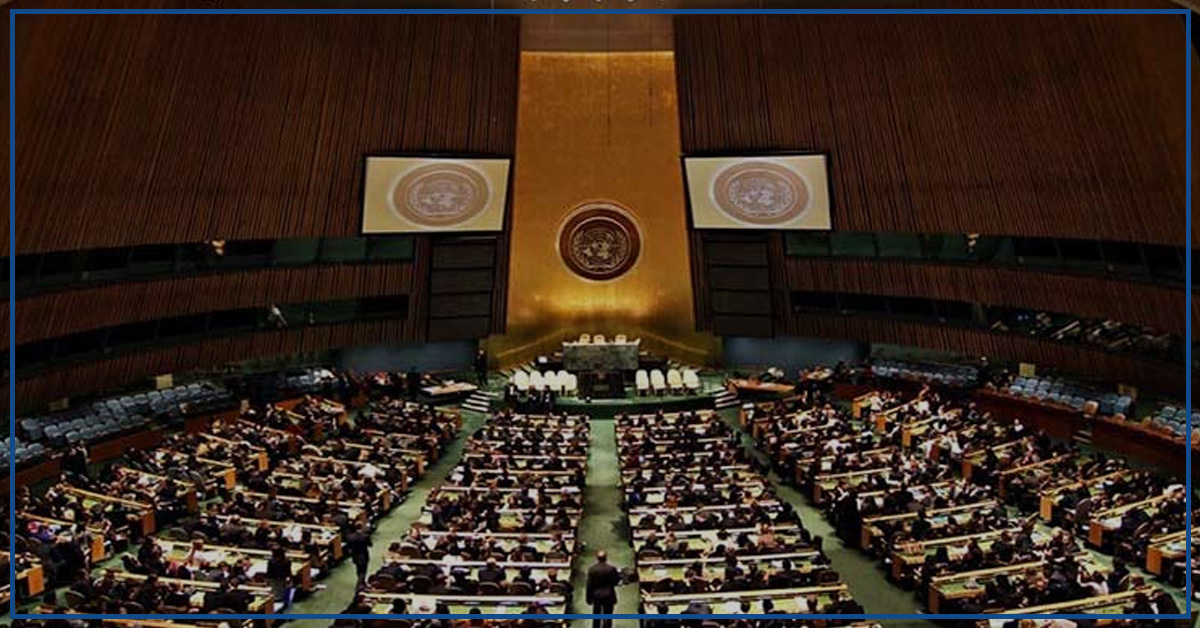In a significant move toward global harmony and religious tolerance, the United Nations (UN) has adopted a resolution put forth by Pakistan, seeking concerted action against Islamophobia. This resolution underscores the pressing need for international collaboration in addressing the rising instances of discrimination, prejudice, and violence targeting Muslims worldwide. Let’s delve into the key aspects and implications of this groundbreaking resolution.
The UN resolution championed by Pakistan aims to tackle the scourge of Islamophobia through a multifaceted approach. It calls upon member states to promote interfaith dialogue, cultural exchange, and education as means to foster mutual understanding and respect among diverse communities. Additionally, the resolution emphasizes the importance of combating hate speech, discrimination, and stereotyping against Muslims, both online and offline.
To effectively combat Islamophobia, it is imperative to address its underlying causes. Economic inequality, political instability, and misinformation often fuel xenophobia and prejudice against Muslims. By promoting social justice, economic empowerment, and media literacy, nations can mitigate the conditions that breed hatred and intolerance, thereby creating a conducive environment for peaceful coexistence.

Central to the UN resolution is the promotion of diversity and inclusion as fundamental values of a pluralistic society. Recognizing the richness of cultural, religious, and ethnic diversity enriches the fabric of humanity and fosters a sense of belonging for all individuals, irrespective of their backgrounds. Embracing diversity not only strengthens social cohesion but also cultivates empathy and understanding across different communities.
Education serves as a powerful tool in dismantling stereotypes and prejudices ingrained in society. By integrating cultural competency and religious literacy into school curricula, educators can equip students with the knowledge and empathy needed to navigate an increasingly diverse world. Furthermore, educational institutions must promote critical thinking and dialogue to foster a culture of mutual respect and understanding among future generations.
The adoption of Pakistan’s resolution by the UN marks a significant milestone in the global fight against Islamophobia. It signals a collective commitment to upholding the principles of tolerance, diversity, and respect for all faiths. However, realizing the vision of a world free from bigotry and discrimination requires sustained effort and cooperation from governments, civil society, and individuals alike. Together, we can build a future where every individual, regardless of their religion or background, can live with dignity and equality.





